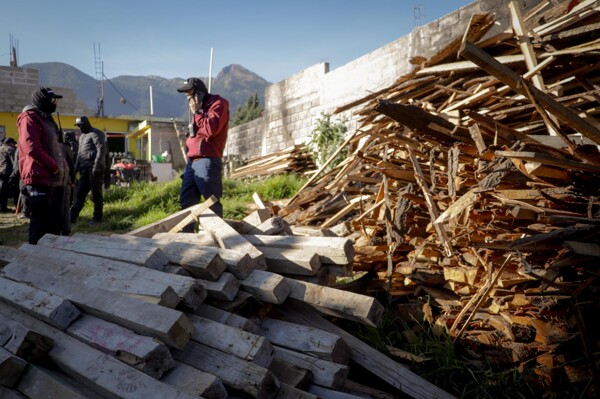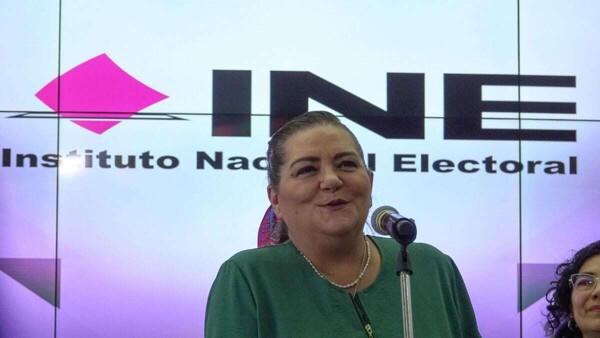
The reelection of Rosario Piedra Ibarra at the head of the National Commission of Human Rights (CNDH) was the result of direct intervention by the Secretary of National Defense (Sedena), as pointed out by Alfredo Figueroa, former advisor of the IFE.
According to Figueroa, Adán Augusto, representative of the Executive, sought to ensure the vote in favor of Piedra by providing pre-marked ballots to the senators of Morena. This action reflects a strategy to protect the interests of political and military power in Mexico, covering up any abuses that may arise.
Despite the initial evaluation of 12 of the 13 members of Morena in the Justice Commission being against the inclusion of Piedra in the shortlist, she was later unanimously confirmed for the position. This process evidenced a vertical discipline that prioritizes absolute power in the executive, according to Figueroa.
The decision to reelect Piedra, which was made from the upper echelons of power, showed a lack of independent judgment within Morena and a clear interference of the Defense in matters related to human rights. This, according to Figueroa, goes against the fundamental principles of the CNDH, which was created to protect victims and not to support political and military interests.
For Figueroa, this manipulation in Piedra's reelection is an indication of an authoritarian project that is consolidating in Mexico, with the federal government seeking to establish absolute control from the Executive. This case adds to a series of actions that are undermining democratic institutions in the country, raising concerns about the direction in which the powers in Mexico are heading.














